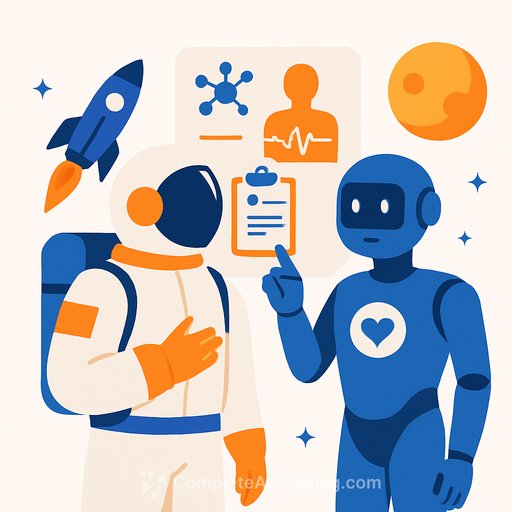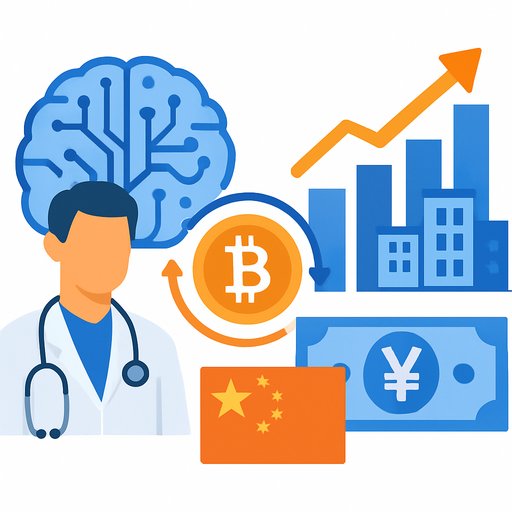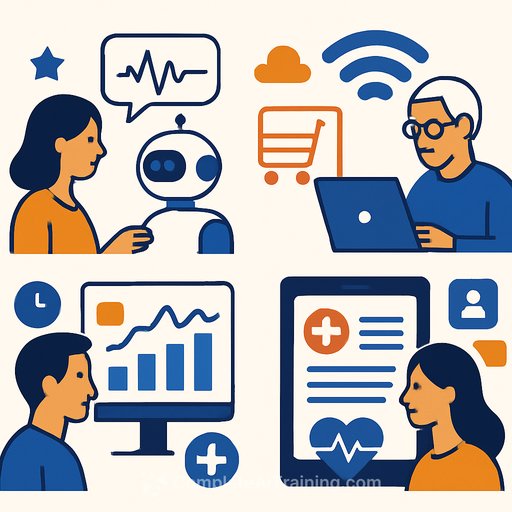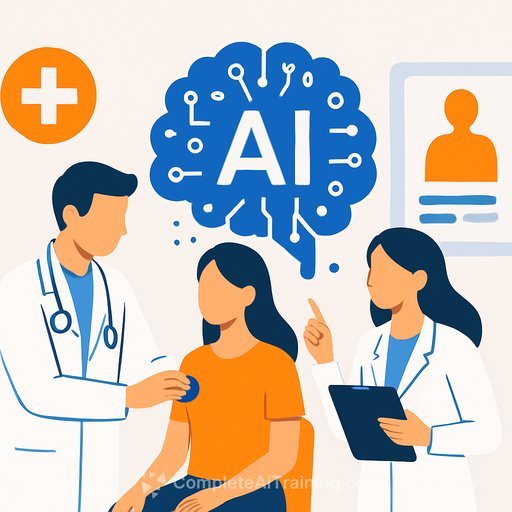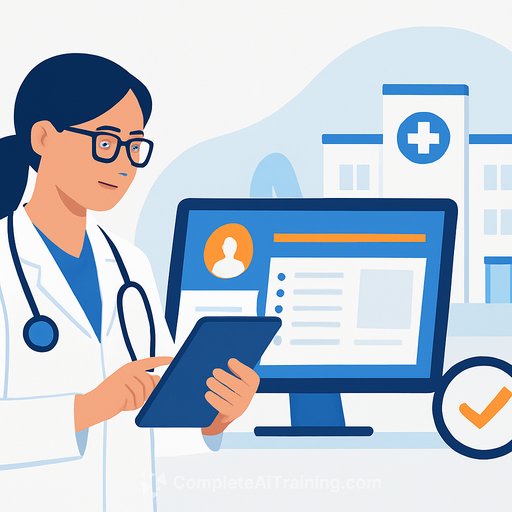The Future of Medical Care in Space
As space missions extend in distance and duration, maintaining astronaut health becomes increasingly challenging. On the International Space Station (ISS), astronauts benefit from direct contact with Mission Control, steady medicine supplies, and the option to return to Earth within six months. However, upcoming long-duration missions to the Moon and Mars, led by NASA and commercial partners like SpaceX, will eliminate quick returns and introduce communication delays up to 20 minutes one way.
This shift compels NASA to move medical care toward autonomy, reducing reliance on Earth-based support.
One of the First Experiments: CMO-DA
NASA’s early step toward autonomous medical care is the development of the Crew Medical Officer Digital Assistant (CMO-DA), a digital medical assistant powered by Google AI.
How CMO-DA Works
CMO-DA supports astronauts in diagnosing and treating symptoms without a doctor nearby or real-time connection to Earth. It processes voice, text, and visual queries through Google Cloud’s Vertex AI platform. The project operates under a contract with Google Public Sector, providing cloud computing, development infrastructure, and model training. NASA retains the source code and collaborates on refining the AI models, which include Google and third-party solutions.
The assistant has been tested on three clinical scenarios: ankle injury, flank pain, and ear pain. Evaluations by three doctors, including a current astronaut, assessed diagnosis accuracy, history taking, clinical reasoning, and treatment suggestions. The results showed:
- Flank pain — 74% accuracy in diagnosis and treatment plan
- Ear pain — 80%
- Ankle injury — 88%
NASA plans to expand CMO-DA by connecting it to medical devices, integrating more data sources, and adapting it to space-specific conditions like microgravity’s effects on the body.
Prospects for Earth
While Google has not confirmed plans for terrestrial use, a proven autonomous medical assistant could benefit healthcare on Earth. It could provide critical support in remote locations, disaster zones, or field operations where doctors are scarce.
For healthcare professionals interested in AI applications in medicine, exploring advanced AI training can provide valuable insights. Resources like Complete AI Training offer courses that cover AI tools relevant for healthcare settings.
Your membership also unlocks:

